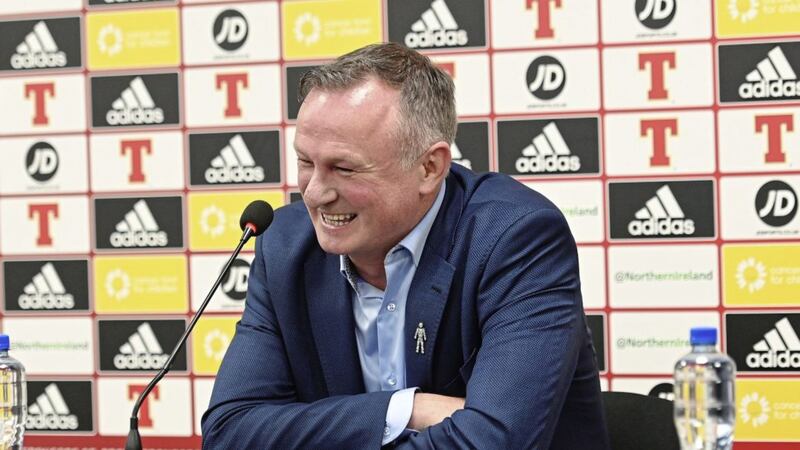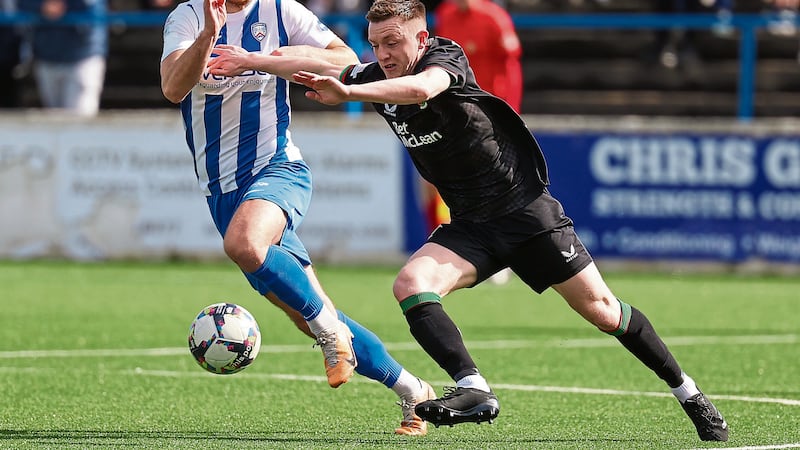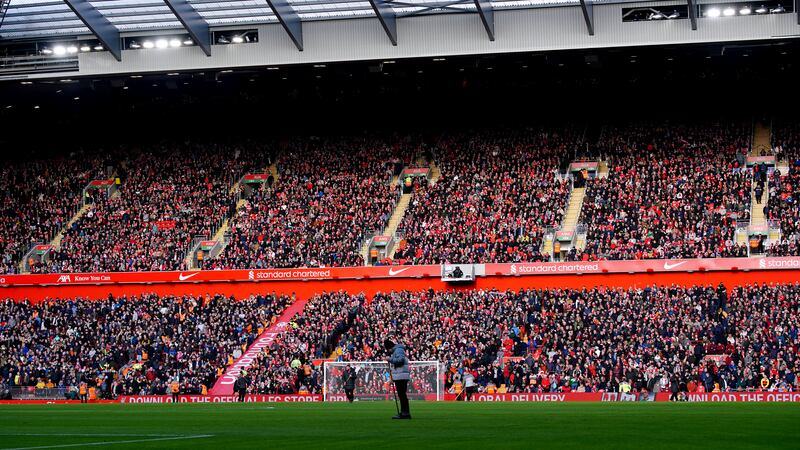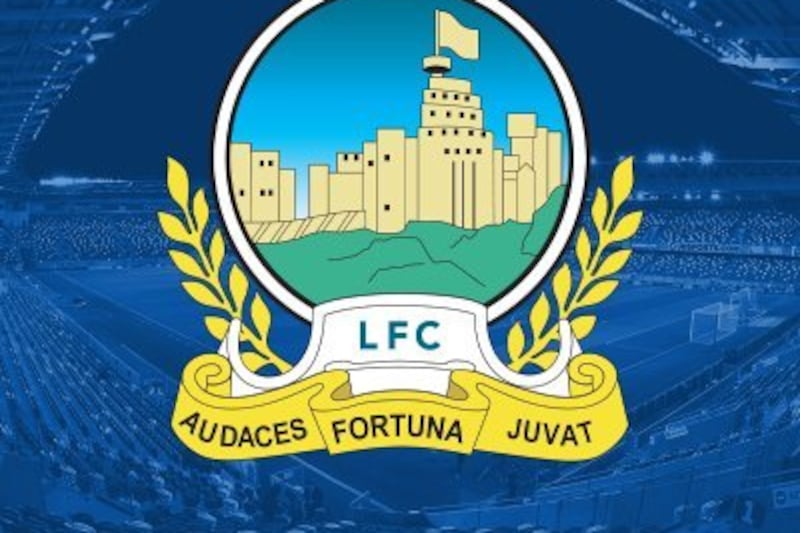DEPARTING Northern Ireland manager Michael O’Neill has suggested that the game’s governing bodies should stop associations approaching teenagers about changing international allegiance.
Tensions grew over the issue of NI-born players declaring for the Republic of Ireland, including a public disagreement with the latter’s then boss Martin O’Neill, a former NI captain himself.
After the announcement that his eight-year reign was officially over at lunchtime yesterday, O’Neill commented:
“It’s not even about the FAI – ultimately Uefa and Fifa shouldn’t allow it either. It’s a shame for a player to be lost to international football, and we have seen some young players who have unfortunately experienced that. That can happen not only between Northern Ireland and the Republic of Ireland, that happened between us and England with Dominic Ball, for example.
“That’s something that is unfair of an Association to try to recruit a young player if he’s already played for the country where he’s born, without giving due consideration to having a real pathway for him.”
O’Neill re-iterated his stance that his concern was for younger players, saying:
“Ultimately the choice belongs to the individual, I have never disputed that. My only grievance has been the issue of young players being put in a position where they were asked to change their international allegiance, so to speak.
“If a young player has made the decision at 17 or 18 to play for Northern Ireland, asking them to make a decision to change, a career-binding decision as well, one which cannot be reversed – putting a young player in that situation at 19 I don’t think is a very fair thing to do. That is the only issue I had.
“Players who were more senior, who wanted to make that decision to play for the Republic of Ireland, I had no issue with that at all.
“I just think that younger players, who are still trying to make their way in the game, should not be put in that position.”
O’Neill believes that the work of Club NI, and especially its residential academy at UU Jordanstown, will help to keep players in the IFA ranks:
“I don’t think there’s anything more we could have done, if I’m honest. What we do at the IFA is provide a pathway through the Club NI programme for all young players who are born in Northern Ireland.
“Given the size of the Association, what we spend on that, the structures put in place, Jim Magilton’s role has been key – where it has moved from, where it basically was a county programme, to where it is now, a full-time residential programme, I think it’s amazing really. There’s not many Associations that have that.
“We can’t really do any more for boys, firstly in giving them the opportunity to represent Northern Ireland at all age groups, to the big step of having a professional career in the UK.”
The Uefa-wide discussions involving national associations on Tuesday which proposed 2020/21 Nations League games starting in September, followed by the Euro play-off semi-finals in October, were the last step on the end of the road for O’Neill and the IFA, he confirmed.
The 50-year-old has been ‘double jobbing’ since joining up with Stoke City last November but knew that situation could not continue beyond this summer:
"Initially it [the play-off in Bosnia] was pushed back to June, which would have been fine, but I don't think anyone thought that was a realistic option given the current situation….
"Between November and March, it's the quietest time for an international manager and it meant that it was do-able [then] but once that passed it was always going to be difficult.”
* More on p46








